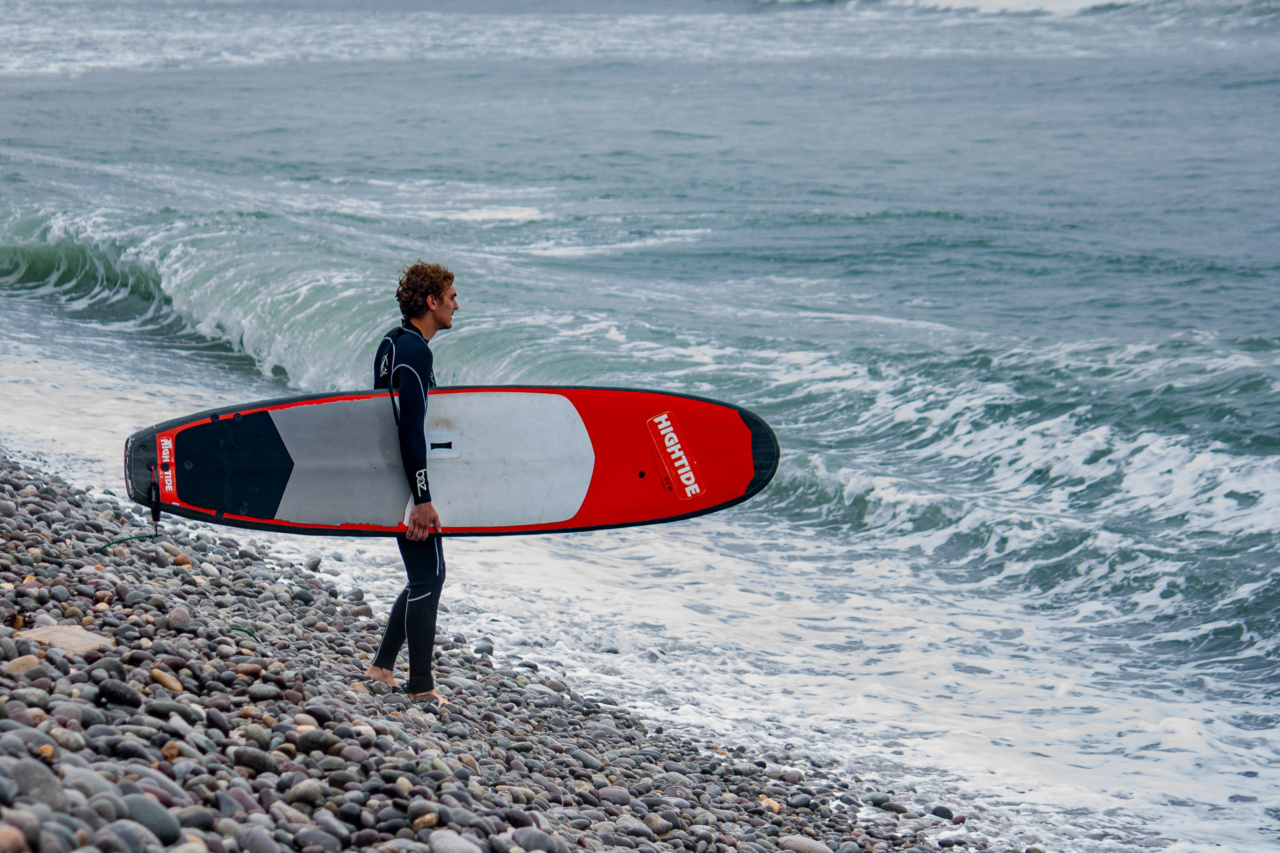Surfing is an exhilarating water sport that attracts people from all walks of life. Whether you are a beginner or an experienced surfer, it’s important to prioritize safety while enjoying the waves.
One of the key aspects of staying safe while surfing is understanding how to navigate the ocean, including recognizing potential hazards and knowing how to handle unexpected situations. In this article, we will share some essential tips to ensure your surf sessions are not only enjoyable but also safe.
Choose the Right Surfing Spot
When it comes to surfing, choosing the right spot is crucial. Not every beach is suitable for surfing, and it’s essential to understand the characteristics of the waves in a certain area.
Look for a beach that offers consistent and manageable waves for your skill level. If you are a beginner, it’s best to find a beach with smaller waves and a sandy bottom. Advanced surfers, on the other hand, may seek more challenging breaks with reef or rocky bottoms.
Check the Surf Forecast
Before heading out to catch some waves, always check the surf forecast. This will give you an idea of the expected wave conditions, including the wave height, direction, and period.
You can find surf forecasts from reliable sources like surf websites or apps. Understanding the forecast will help you make an informed decision about whether the conditions are suitable for your skill level and preferences.
Know Your Limits
It’s important to know your limits and surf within them. If you are a beginner, avoid going out in conditions that are too advanced for your skill level.
Surfing waves that are too big or powerful can be dangerous and increase the risk of accidents and injuries. Be honest with yourself about your abilities and gradually progress to more challenging waves as you gain experience and confidence.
Practice Proper Etiquette
Surfing has its own set of unwritten rules called surf etiquette. These rules help to maintain order and ensure everyone has an enjoyable experience in the water. Some key surf etiquettes to remember include:.
- Respect the lineup: Wait your turn and do not drop in on someone else’s wave.
- Give way to riders on the inside: If someone is already riding a wave, avoid paddling into their path.
- Communicate: Use hand signals or call out to communicate your intentions with other surfers.
- Don’t litter: Respect the beach and ocean by not leaving any trash behind.
Be Mindful of Rip Currents
Rip currents are powerful channels of water that flow away from the shore. They can be found in various spots along the beach and are often responsible for numerous rescues every year.
It’s crucial to be aware of the signs of rip currents and know how to escape them if you get caught:.
- Stay calm: Panicking can exhaust you quickly.
- Avoid fighting the current: Swim parallel to the shore until you are out of the rip, then swim back in.
- Signal for help: If you’re unable to escape or become too tired, try to attract the attention of a lifeguard or nearby surfers.
Protect Yourself from the Sun
Surfing often involves spending long hours under the sun, so it’s crucial to protect yourself from harmful UV rays. Here are some essential sun protection tips:.
- Apply sunscreen: Use a waterproof sunscreen with a high SPF and reapply frequently, especially after being in the water.
- Wear a rash guard: Wearing a rash guard not only protects your skin from the sun but also provides some protection from board rashes.
- Wear a hat and sunglasses: Protect your face, eyes, and neck from direct sunlight by wearing a wide-brimmed hat and sunglasses with UV protection.
Stay Hydrated
Spending hours in the water can be physically demanding, so it’s essential to stay hydrated. Dehydration can lead to fatigue, muscle cramps, and even heatstroke.
Remember to drink plenty of water before and after your surf session, and consider bringing a reusable water bottle to the beach to stay hydrated throughout the day.
Keep an Eye on the Weather
Weather conditions can change rapidly, and it’s crucial to keep an eye on the weather before and during your surf session. Stormy weather, lightning, or strong winds can increase the risk of hazardous conditions in the water.
An approaching storm should be a signal to end your session and seek shelter immediately.
Practice Proper Equipment Maintenance
Having well-maintained surf equipment is essential for safety and optimal performance. Regularly inspect your surfboard for any dings, cracks, or loose fins and make necessary repairs.
Additionally, always check the leash and leash attachment before entering the water to ensure it is secure. A lost or broken leash can put you in a dangerous situation if you lose contact with your board.
Take Surfing Lessons
If you are new to surfing or still developing your skills, consider taking lessons from a certified surf instructor. Surf schools offer lessons for different skill levels and can provide valuable knowledge about ocean safety, technique, and etiquette.
Learning from a professional will give you a solid foundation and help you progress safely in the sport.
Conclusion
Surfing is an incredible sport that allows you to connect with nature and experience the thrill of riding waves. By following these safety tips, you can make your surf sessions more enjoyable and reduce the risk of accidents or injuries.
Remember to choose the right spot, check the surf forecast, know your limits, practice surf etiquette, be mindful of rip currents, protect yourself from the sun, stay hydrated, monitor the weather, maintain your equipment, and consider taking surfing lessons. With these precautions in mind, you can have a fantastic time catching waves while prioritizing your safety.




























